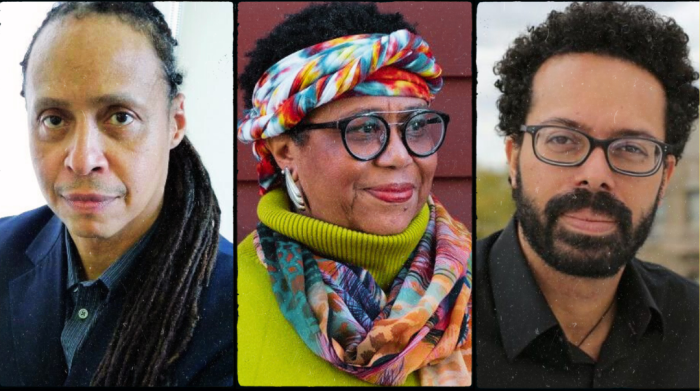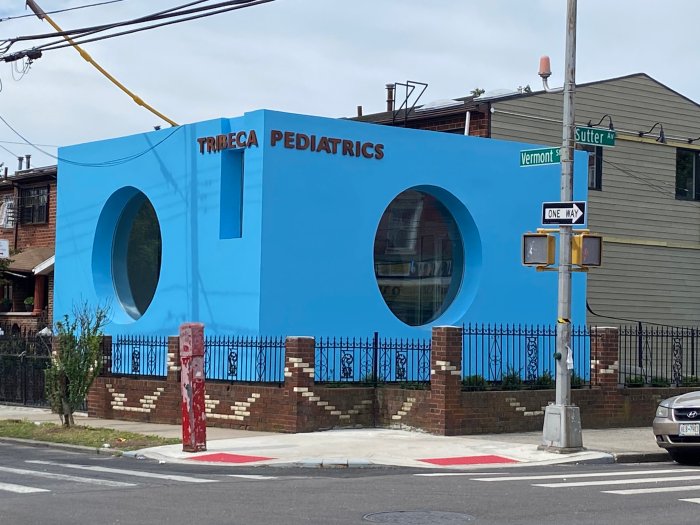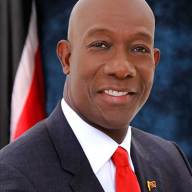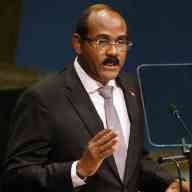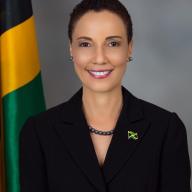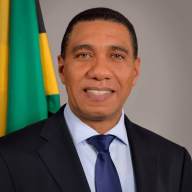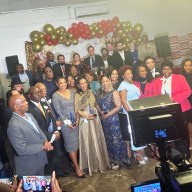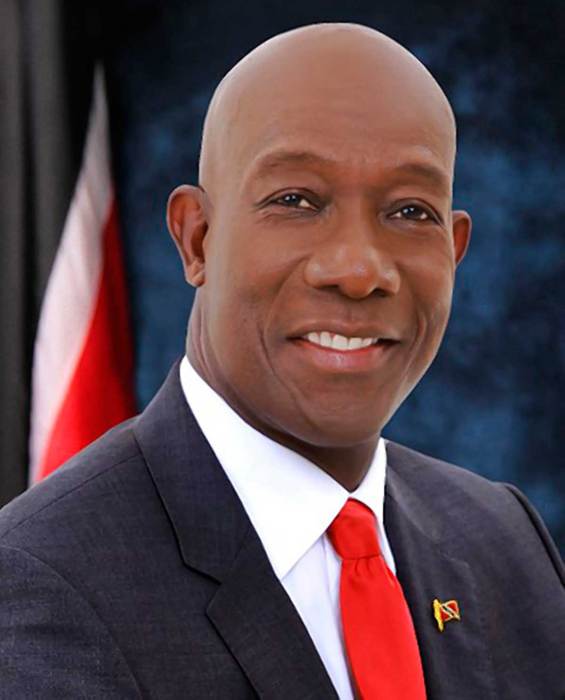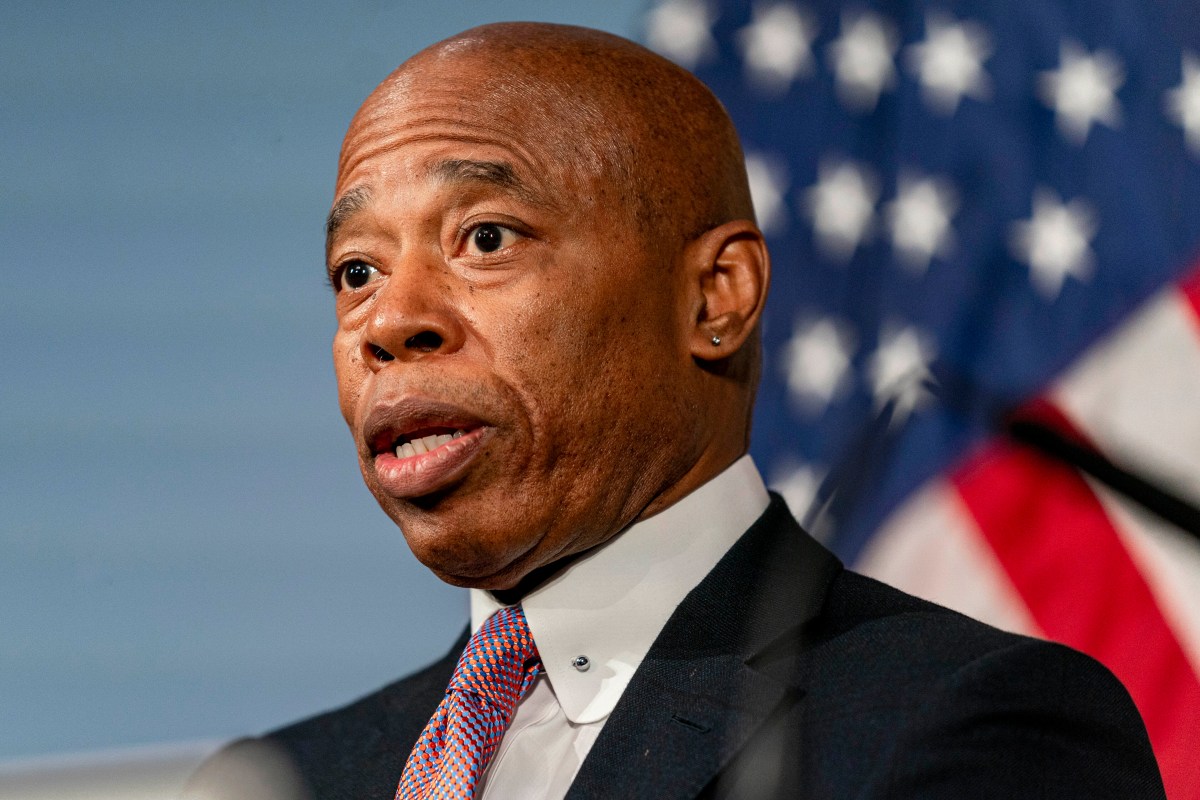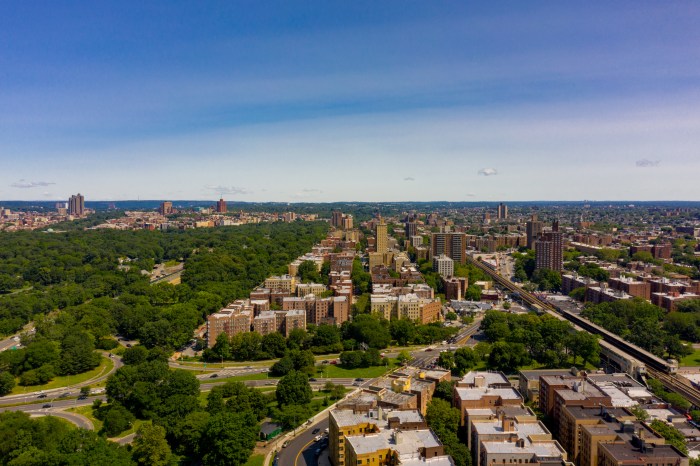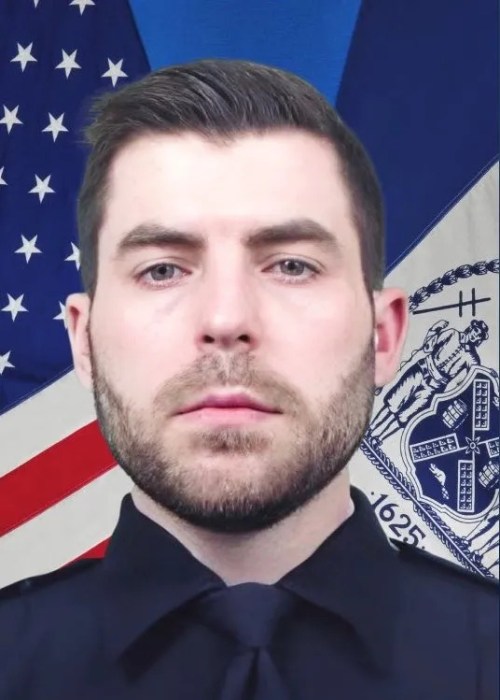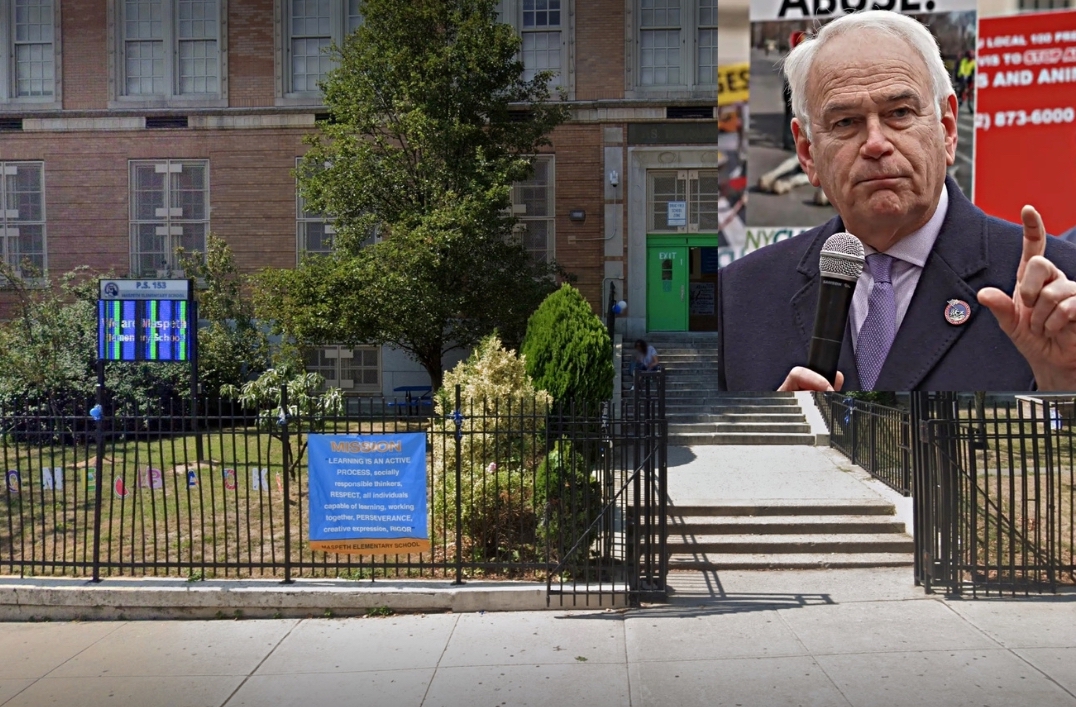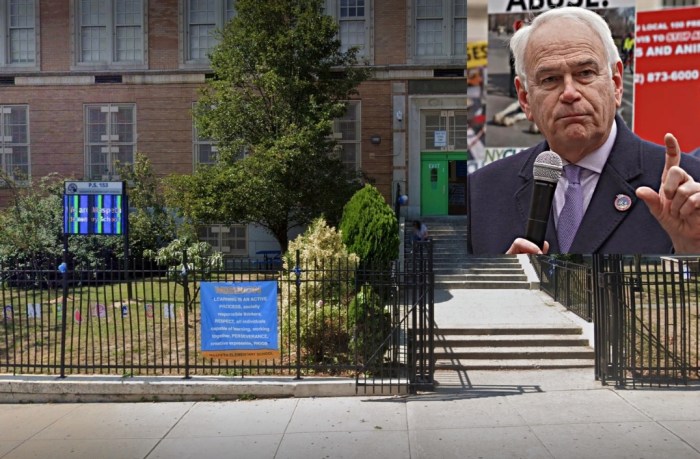To The Editor:
Usually, when the FCC issues an Order or Notice, all we see is…paper. And more paper…and more paper. Occasionally, we’ll witness gradual changes to an industry or in a business practice, but too often, the impact just isn’t that obvious to the general public.
But through our actions today, we inch closer to the moment when new and diverse voices will find their way to the ears of radio listeners yearning for local insights and fresh flavor that has been held at bay for far too long. The East Coast’s I-95 corridor is peppered with some of our nation’s greatest and most ethnically diverse cities – Boston, New York, Baltimore, DC. But if you turn on your radio as you drive through those areas, for the most part, you’ll hear standard, big city news and programming. There’s nothing wrong with that, I suppose, but there is so much more out there yearning to be heard, and this notice provides a means for that to happen.
The advocates for Low Power FM radio have come a long way, have fought many battles, and today is the first step of their victory lap.
Perhaps we’ll see a station pop up that will cater to the proud residents of DC’s Anacostia. Or maybe there will be new voices on the air entertaining and informing the workers in and around the vicinity of a large manufacturing plant. Already we see amazing rural stations run by farm workers, schools, and churches in rural Florida, Oregon, and the Carolinas and we’ve heard of interest from the Chicago public school system, from workers in Baltimore, and from music groups in San Antonio. In New Orleans, local groups want to rebuild their city and connect with their neighbors, and in Miami, health educators in the Haitian community want another outlet to serve their city. This medium could provide the means for those goals to be realized.
Some may ask if this is really so important given all of the entertainment options and technology platforms we have today at our disposal. I say yes. The radio station that helped in my development and allowed for public engagement on the air is no longer broadcasting in Charleston, SC. The disappearance of smooth R&B sounds in Pittsburgh upset many listeners, including Congressman Mike Doyle, who can’t hear his favorite Earth, Wind and Fire songs from his car radio anymore. Radio is local. It’s an important source of news, information and entertainment in our communities, and its role and impact are partly the cause for why we’re discussing this item today.
The Local Community Radio Act of 2010, or “LCRA”, has sent a clear message that Congress wants more local radio, and we are excited and anxious to open the dial for new stations. In relaxing the station frequency spacing requirements, Congress has declared that more licenses should be made available for stations that serve the local needs of their community, and current statistics support this.
Every week, radio reaches 93 percent of everyone in America over the age of 12. Further, the more than 200 million radio listeners spend on average 15 hours per week listening to the radio. In an era of media consolidation, too many local voices and musicians have gone silent in favor of national programming and top 50 hits. Local afternoon drive radio shows that were broadcast from around the corner have been replaced with syndicated programming originating from another State. Moreover, about a third of the 13,000 commercial stations are owned by half a dozen corporations.
Today, we start the countdown on the return of local voices to the radio waves, as low power radio stations will finally be given space to broadcast in large urban markets. As a former publisher of a local newspaper, I can testify that a robust diversity of voices and attention to local community issues is the basis for a strong democracy.
We plan on initiating the licensing of new stations as early as next summer, and while we would like to act as quickly as possible to get local voices on the air, we want to take the time to do it correctly. I want to encourage the radio community to stay vocal and submit comments on the best way to implement the directives of the LCRA and make sure Low Power FM stations are given the best opportunity to get up and running. We won’t address all of the issues during this round, such as station frequency spacing waivers or the economic effect of LPFM stations on the Full Power Station market, but we will lay the foundation for a solid policy that meets the local needs of communities spread across the entire country.
The first issues we must face are the effectiveness of the previous policies implemented during the 2001 FM translator license registration window. We have approximately 6,500 applications pending, and we must establish efficient policies that address the translator applications while saving space for the licensing of new LPFM stations. Going forward, we must strike a balance between the licensing of these two valuable services and assure that the local communities are served. As a wise man once said, “the translator and LPFM communities will be forever locked in an embrace”. Determining the criteria for this balance has never been an easy task, but we encourage the communications community to speak out and let us know what policy will best serve your needs.
Based on a recent study by our media bureau, it appears that our previous processing policy that placed a 10-cap limit on applications, will not be an effective means for saving space for future LPFM stations. In 13 of the top 30 radio markets, if we were to process all the pending translator applications, we would effectively push any LPFM radio station opportunities off the dial. The LCRA directives are clear that we can no longer exclude LPFMs from the limited spectrum, and we have some tough decisions 3 upcoming on the best way to handle previous translator applications in relation to future LPFM opportunities. I encourage the communications community to submit comments on current availability of spectrum for LPFM opportunities and alternate policies that will ensure that future LPFM station licenses will be available in spectrum-congested markets.
LPFM stations serve a particularly important role in local media and democracy, and the FCC is interested in hearing local voices speak out on the options for an effective licensing strategy. We need to ensure that LPFM stations have every opportunity to succeed.
We are currently fine tuning a spectrum-availability, market-based policy for balancing the demand for LPFM station licenses and Translator Licenses. We welcome the communications community to participate in this exercise to assure that the spectrum is properly divided in a manner that fosters a robust LPFM service. In smaller markets, where there is ample spectrum available for LPFM stations, we can proceed forward with translator licensing. But in the larger markets, we will have to make some difficult decisions on the disposition of pending translator licenses in order to assure space for a balanced LPFM station market. With all this in mind, we must also deter the abusive acquisition of translator authorizations solely for the purpose of selling them. Companies that speculatively apply for licenses, do not have the best interests of our communities in mind, and neighborhoods around the nation are hungry for voices on the air that reflect the diversity of America and address their local issues. The needs of our communities must be firmly in our focus, as we work together to create a successful licensing system.
The development of a robust LPFM radio service is of critical importance in making sure that our media serves the needs of local communities. In order for the broadcasters to best serve the public interest, we must preserve an avenue through which diverse voices can be heard. It can’t be stressed enough that media plays a powerful role in the democratic process, as well as in shaping perceptions about who we are as individuals and as a nation. Low Power FM Stations address the interests and concerns of specific groups including: neighborhoods, people of color, trade unions, and religious and linguistic communities.
These locally owned broadcast outlets provide a forum for news and debate about important local issues, and they open the radio waves for coverage of high school football games, health alerts, school board meetings, local political candidate debates, and independent music. Through news and informational programming, these stations can help keep the focus on local law enforcement and emergency service issues.
Despite what you may have heard, the Casey Anthony trial was not the only relevant court case in the nation. Our communities deserve better coverage of issues relevant to their neighborhood. Local artists and people who reside in the community deserve a forum where they can be heard. I commend the 12 year journey of Prometheus Radio Project, and the various organizers who worked tirelessly to get the LCRA passed. We will continue to develop the best policy to implement the LCRA and I emphatically 4 urge communities around the nation to pull together and start building strong applications for radio stations that broadcast what they want to hear.
I wish to commend Peter Doyle and his team for their great efforts in this long- awaited process. I look forward to the next iteration.
Mike Doyle
Commissioner
Federal Communications Commission.


